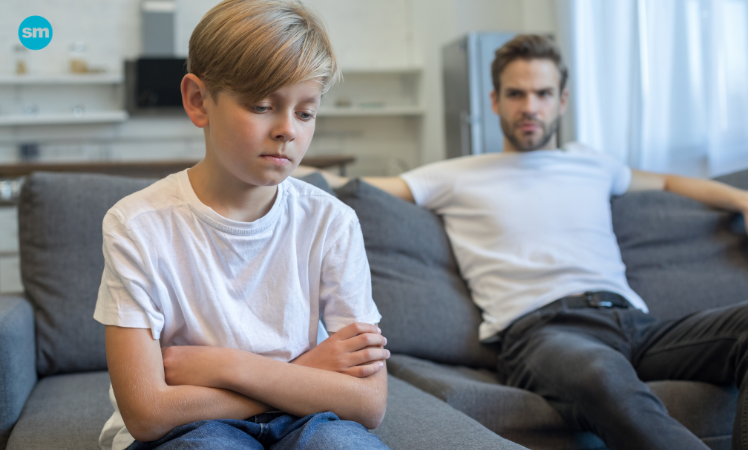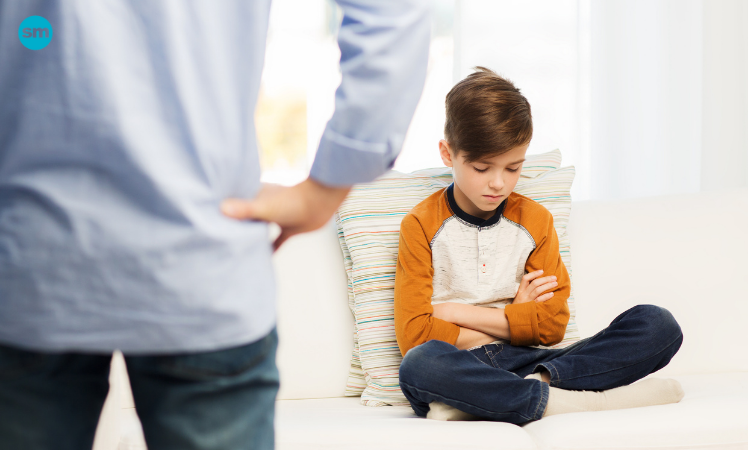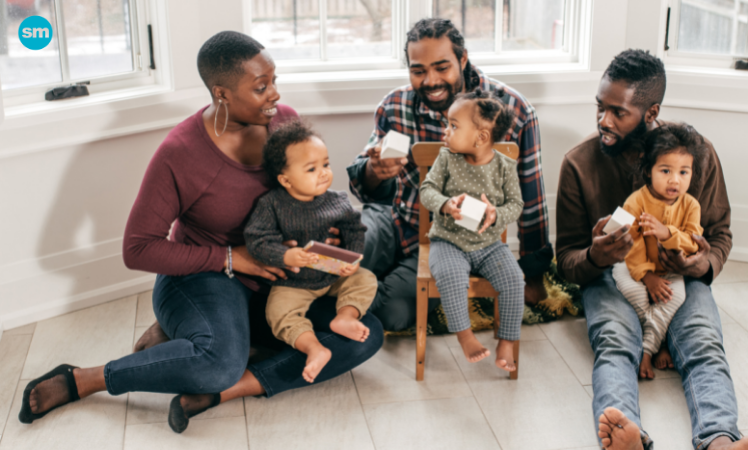Why Using Guilt Trips Is an Ineffective Parenting Strategy

Last Updated on August 17, 2023 by Lori Pace
It is no secret that disciplining and communicating with children can be difficult. It can become overwhelming for parents at times and they may feel helpless. Besides, it can also turn them into guilt tripping parents. However, not all parenting strategies that parents resort to are successful. And guilt or a guilt trip is not the best parenting strategy.
Although this tactic might work temporarily, and your child may be able to do whatever you wish, guilt-tripping children can lead to long-lasting consequences such as low self-esteem and self-esteem if it is used frequently enough.
Guilt Tripping Parents
A form of manipulation is guilt-tripping. This is a method of making a child feel guilty or blameworthy in order to get them to do something. It is important to remember that guilt is not the only problem. It is how the child feels guilty that is the problem. It’s not unusual for children to feel guilty about cheating on a test, or taking a sibling’s possessions.
This guilt can help children learn right from wrong. It will also lead them to be more compassionate and healthy if they are taught to accept responsibility for their mistakes and make amends. Guilt can become a problem when the person who is guilt-tripping the child is trying to make them feel ashamed or guilty in order to get something. A parent who wants to take their child out may make them feel guilty about not watching their children, or accuse them of not doing enough for the family.
It is better for parents to communicate with their teen their expectations and help them prioritize their lives and take care of their family obligations. Parents can have a healthy conversation with their children and not feel guilty about it. Don’t become bad parents!
Why Parents Might Resort to Guilt Trips
Parents might indulge in guilt trips with their children for many reasons. They may not realize that they are doing it. It could be something they did as a child and they continue to do it now. Kaufman Rees says that guilt is a parenting strategy that exploits a child’s need to please. “A parent who is unable to control their child’s behavior will often resort to guilt to get the desired behavior.
Consequences of Guilt Tripping Parents
Guilt trips can have many negative consequences for children. Children can feel shameful or that they aren’t good enough. They may also struggle with low self-esteem. Children may also be more susceptible to peer pressure and more likely than others to form unhealthy friendships or relationships with their parents.
Guilt trips teach children to look for external validation and not internal validation. It teaches them how to evaluate the actions of others to see if they are good or bad. Guilt trips are not a good parenting strategy because children may not understand the consequences of their actions, especially if they aren’t told clearly. They will likely repeat the same behavior.
if you make your children feel ashamed for being disappointed, it’s not motivating them. You are discouraging them, and you are setting them up for validation and approval from others for the rest of their lives. Children are more likely to feel guilty if they have to take responsibility for other people’s actions. They are vulnerable to internalizing criticisms and taking them personally.
What You Can Do Instead of Guilt-Trip Parenting
The first step to breaking the guilt trip is to establish good communication habits with your children. Be age-appropriately honest with them and speak to them respectfully when discussing problematic behavior.
It’s important that you react healthily to your children rather than making them feel bad for their suspensions and bad grades. This way, you’ll make them feel loved and they’ll be confident enough to talk to you about what they feel.








